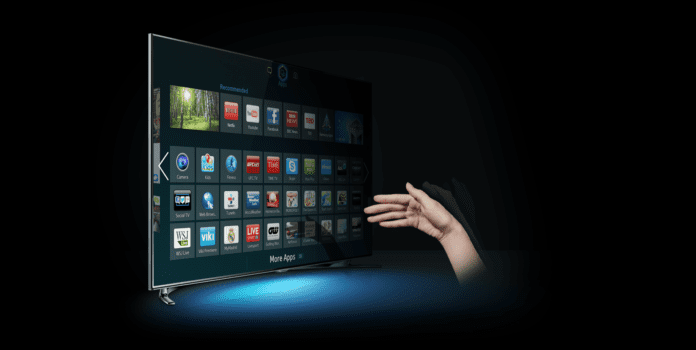Samsung is in a unique position when it comes to the “Internet of Things” and the company is poised to take full advantage of its opportunities in the year ahead. According to Korea IT News, Samsung has chosen IoT and drone manufacturing as two major business focus areas for the year ahead.
Unlike other smartphone makers, Samsung manufactures a wide range of home appliances, including TVs, washers and dryers, dishwashers and vacuum cleaners. It also has a major chip design and fabrication business, meaning that it can make sensors and processors for IoT applications.
Samsung Electronics reportedly wants to make 70% of its household appliances “smart” by 2017 and 100% by 2020. The decision follows Samsung’s $200 million purchase of SmartThings, a Kickstarter company that develops open platforms for smart home applications. Although the SmartThings purchase was a sign of support for open platforms, Samsung will almost certainly find a way to favor its own smartphones as controllers for the connected home. This could become a significant advantage if the company succeeds in building connectivity into 100% of its home appliances.
“As a major manufacturer for home equipment, from smart TVs to washing machines, that is a substantial commitment and perhaps a bellwether for the entire home appliance market,” said analyst Will Strauss of Forward Concepts.
The sky’s the limit: Drones are among the most important connected devices for Samsung
Drone manufacturing is expected to be the other key focus area for Samsung in the year ahead. The company may be behind Google and Amazon.com in the drone business, but according to The Korea Times it is already test-producing unmanned aerial vehicles.
Samsung will face competition from other chipmakers as it enters the drone market, according to Strauss, who expects both Intel and Qualcomm to target the drone market.
“The companies realized that there’s a lot of overlap between drones and smartphones, since both rely on Wi-Fi and radio signals, gyroscopes, accelerometers, magnetometers and cameras,” said Strauss.
At this time of year many people think of Amazon’s delivery service when they think of drones, but drones are in use across a wide range of industries, including farming, firefighting, moviemaking, and the maintenance and testing of cell tower antennas.
Follow me on Twitter.

